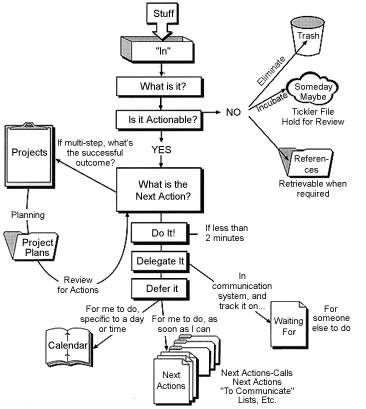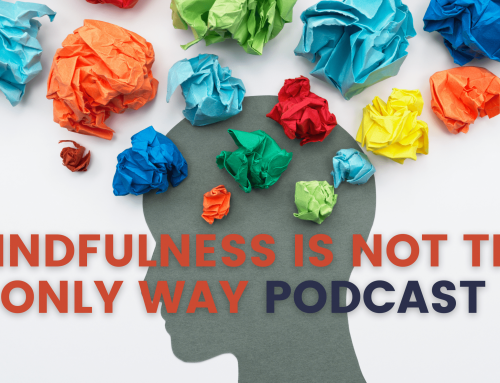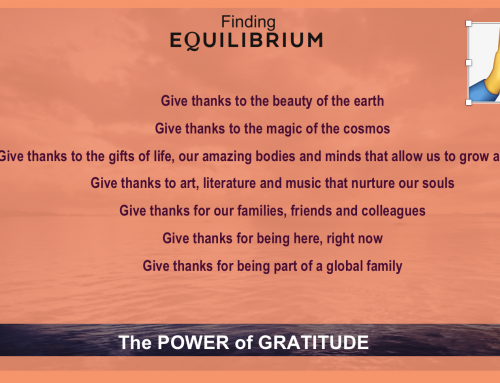“The bad news is that time flies. The good news is that you’re the pilot.” – Michael Altshuler
Living in these hectic, hyper-accelerated times, do you ever find yourself wishing there were more hours in the day?
We’ve all experienced that disorientating sensation of time just whooshing by while nothing seems to actually get done. The days when the interruptions come thick and fast. When tasks multiply around you. And when you end up endlessly procrastinating (suddenly cleaning out your desk drawers instead of your inbox!).
Before you know it the evening’s come around and you’ve ticked off less than a third of your to-do list, at best. It’s not the greatest of feelings, and all the stress can actually play havoc with your hormones and speed up your biological aging process.

The good news is there’s a way of having more of those “in the zone” days, and less of the “where the heck did all the hours go?” days. In the past I definitely had my share of the latter, and it triggered my curiosity about why some people are just more productive than others. Looking into the issue, I developed my own system to become more efficient and less stressed. A system that gives me these benefits:
- Greater control over tasks and daily thoughts
- More focus on tasks at hand
- Tangible progress towards steadily bigger goals
My system involves some key steps. Here are just some of them.
Create your “Ins”
All those things that are demanding your attention? Take ownership by gathering them into places I like to call “Ins”. I personally have a physical In-tray where I put any important letters that need my response, magazines I have to read, and bills I have to pay. I also, of course, have online Ins, such as Remember the Milk and Evernote – this sort of software can help organise, schedule and prioritise your tasks. They sync with your calendar, send email and text reminders to keep you on track no matter how hectic things get.
Clarify your commitments
Here’s the thing: you can’t do all the things all of the time. So you have to be pretty ruthless with your commitments. Only agree to take things on when you can actually do them, or delegate them to people you trust. Otherwise, don’t be afraid to renegotiate your agreements in a positive way.
Remind and review
It’s crucial to take time out to review where you’re at, and where you’re going. I begin every day with just 10 minutes looking over my list of tasks, working out what I can do, what I can delegate, and what I can renegotiate for that day. Every Friday afternoon I spend a couple of hours reviewing my notes and projects from the week and planning the week ahead. This doesn’t just keep things clear in my head – it gets me revved up and excited about what I’ll achieve next. I have a similar process at the end of each month.
Keep a clean inbox
Deal with emails as soon as you can. Can you give an immediate response which will take less than two minutes? Do so, and delete it. Is it something you have to consider and reply to later? Move it out of your inbox and into a special folder you’ve created for that subject or person. Keep your inbox as clean as possible, and it’s amazing how much calmer you’ll feel.
Tackle the biggest challenge first
Is there a big task hanging over you? Tackle it before anything else. Get it out the way as soon as the working day starts, then move onto the smaller, easier tasks. If you don’t, the big task will only get bigger in your mind, and you’ll end up seeking refuge in procrastination.
There are many other elements that make up my system for a smoother, more stress-free existence. Over the years, I have been inspired by some great authors and here are a couple for future reference: Getting Things Done by David Allen (see illustration below) and Eat That Frog by Brian Tracey. Of course, if you need help, get in touch and we can work together on practical ways to put time on YOUR side. After all, as management expert Alan Lakein once said, “Time = life”.










